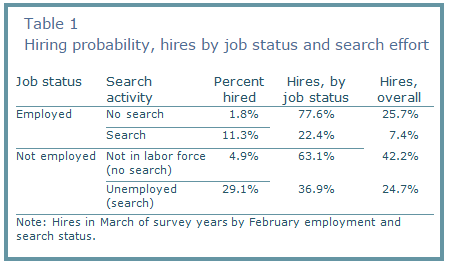Those work/life balance heroes who leave at 5:30? Ask them what they're doing at 9:30
A recent piece in Business Insider provides a glimpse into the philosophy and priorities of General Motors CEO Mary Barra with respect to protecting and maintaining a semblance of work/life balance while juggling an incredibly high profile and busy job with the normal demands any of us with families also face.
First, let's check the key 'I want to have a healthy and normal family life and I want everyone at GM to have that too' quote from the piece:
In the role I have now — even for the last few jobs — I'll say, 'You know what, guys? This meeting needs to end on time because I'm going to my daughter's soccer game. So we're going to be done at 5:30 because I've got to go then,'" Barra explained. "It gives everybody permission" to acknowledge their other obligations.
Sounds good, right? When the CEO can shut down a meeting at 5:30 to head to the park to watch soccer (and hand out orange slices at halftime), then the other folks at GM feel empowered to do similar. And you don't have to be the CEO or some other big shot executive to appreciate these kinds of challenges and tradeoffs. In fact, I'd argue when you're not the CEO the challenges are even tougher, as 'skipping' work time to take care of personal matters often requires you to ask permission or demand forgiveness. That aside, it is still kind of refreshing to hear the CEO of one of the world's largest corporations at least acknowledge there is life outside of work, and that life is important too.
But let's unpack the rest of the story, about what happens after the soccer game and the family dinner and the making sure Jr's homework is done. Once again from the Business Insider piece:
(At a conference in 2013) when she was senior vice president of global product development, Barra said that while she may make time to see her daughter's game, "that doesn't mean that after we go home, and after we've eaten dinner and the kids go to bed, I'm not going to take out the computer and catch up on what I missed."
It's about finding a balance that actually improves the quality of work output rather than detracting from it.
Simple, then really. Work/life balance for Barra (and by implication anyone else like her with a super-important job, or just everyone that wants to eventually get one of those super-important job), is to make sure you take just enough time for the 'life' part, (soccer game, dinner), before making sure you jump back into work, (emails from 9:00 - 11:00) every night.
And it's not a 'balance' plan that is all that unusual or unique to Barra - read any of the pieces about execs who make sure they have adequate family time. Every one of them ends up in the same place, with the exec continuing to work into the night to 'make up for' the time they missed while watching Mary Jane kick the ball around. There's two things from these stories I think are important for us to remember, particularly those of us who aspire to C-suite type roles.
1. 'Work' is the default setting for these execs. Watch the way they use phrases like 'catch up on what I missed' when they refer to getting back online after the kids go to bed. When they are not working, like at the soccer game, (assuming they are not stealthily reading emails on their iPhones), they see that time as 'missed' work. Work is the constant. Things that are not work have to be 'made up for' with more work.
2. People like Barra work much, much longer than just about all of us. If you are punching out (figuratively or actually), at 5 or 6 each night and not worrying about the job until 9 the next morning, you are losing the game compared to the Exec or anyone else who decides to grind away from 9 'til midnight on a Tuesday. I think most of us simply fail to accept the fact that in most circumstances the level of effort and commitment needed to hit the C-suite is ridiculously high.
Work/life balance is a touchy subject since it is so personal. But there are a couple of universal truths that the Mary Barra story reveals. It is all about choices after all. But to think that you will be substantially rewarded for choosing 'life' over 'work' is probably the most important one.
Have a great week!

 Steve
Steve




